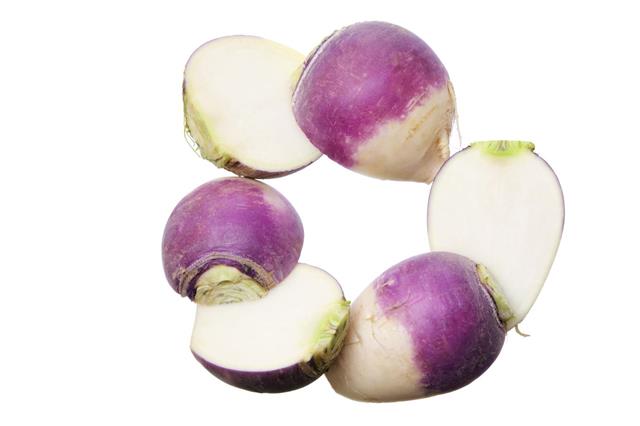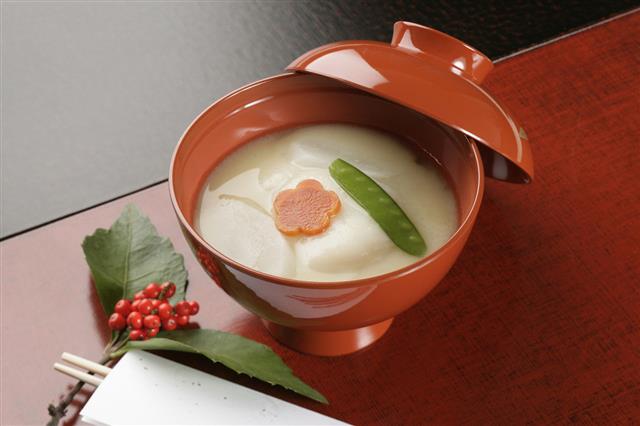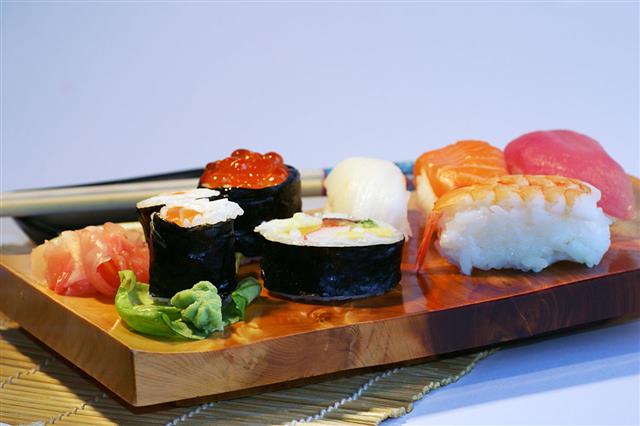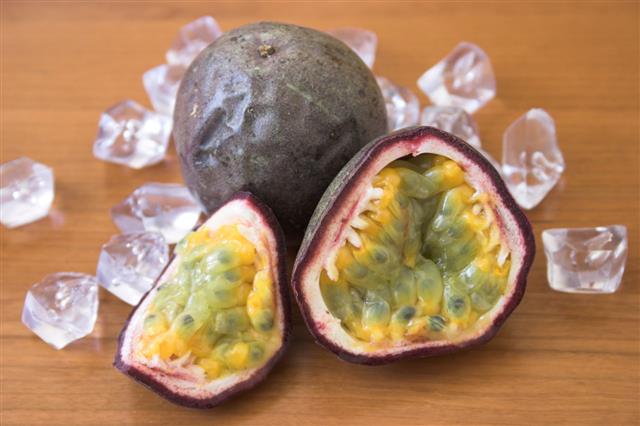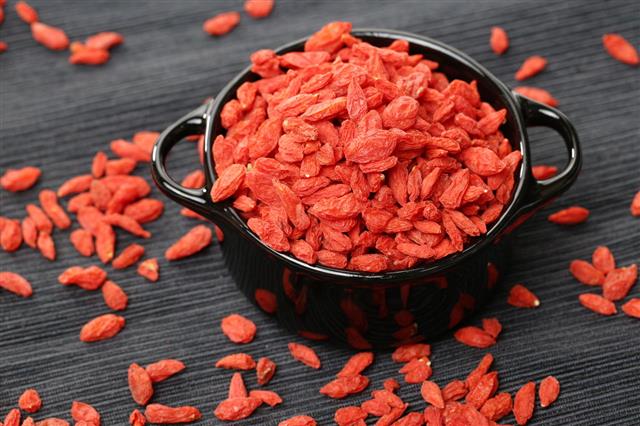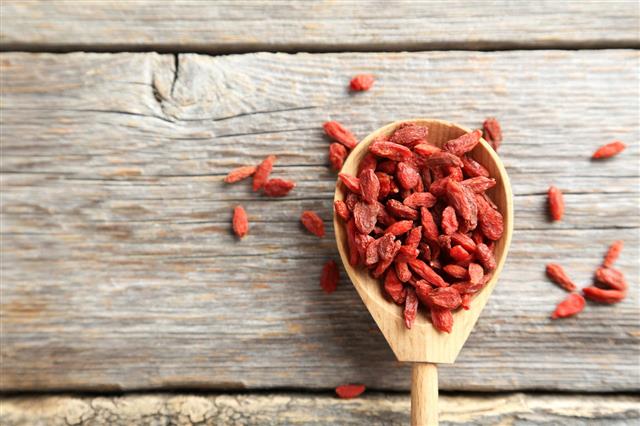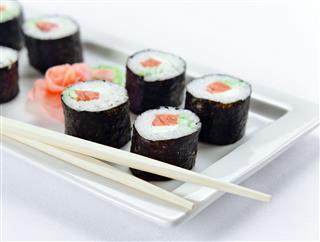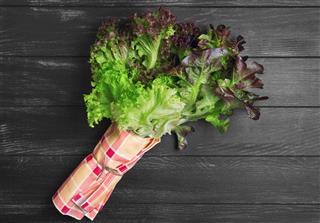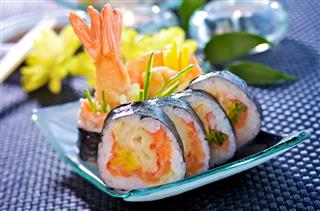
The surgical removal of the gallbladder is medically referred to as cholecystectomy. While it is essential to follow a low fat diet after cholecystectomy, one must gradually increase the intake of fiber-rich food items. This HealthHearty write-up lists out some dietary guidelines for those who have undergone this surgery.
The gallbladder is small, pear-shaped sac that is located under the liver. It stores and concentrates bile. Bile is secreted into the duodenum when food that contains fat enters the digestive tract. One of the major health problems that is associated with the gallbladder is the presence of gallstones in the gallbladder. Gallstones are small, stone-like deposits that form when the concentration of cholesterol or bile pigments in bile is higher than usual. While the presence of these stone-like deposits is medically referred to as cholelithiasis, the inflammation of the gallbladder due to gallstones is referred to as cholecystitis. The inflammation mostly occurs when the passage of bile is obstructed due to the presence of gallstone(s) in the cystic duct. As gallbladder attacks can cause extreme discomfort, the removal of the gallbladder is recommended in severe cases. Though bile is produced by the liver, and the gallbladder only stores, concentrates, and secretes bile, the body would still take some to adjust after the removal of the gallbladder. So, for some time, the body cannot digest fats normally. Therefore, it is essential to follow a specific type of diet for some time.
What to Eat After Cholecystectomy
Post cholecystectomy, you need to cut down on the intake of fat, as the body will find it hard to digest fat. Consumption of such food items is likely to cause diarrhea. However, don’t opt for a total fat free diet. Besides following a low fat diet, gradually increase your intake of dietary fiber.
Liquid Diet
It is advisable to follow a clear liquid diet after a gallbladder surgery, as it will reduce the burden on the digestive system. Make sure that the diet is low in fat. If you are not experiencing indigestion, then you can consume skim milk or powdered milk. You can also consume fruits like apples, berries, and bananas, or have homemade smoothies. Clear soups, chicken broths, chicken soups, ginger ale, etc., are other good options. It must be noted that a pure liquid diet should be followed for 10 days after cholecystectomy. Thereafter, one can include solid foods to one’s diet. It is essential to consume nutritious food for a speedy recovery.
Solid Diet
After 7-10 days, the patient can make the transition to solid food. Though the gallbladder has been removed, the body is still producing bile. Since the process of combining it into the food is disrupted, one needs to control the amount of fat. So, make sure that the fats don’t constitute more than 30% of the total calories. Consume a low fat diet, and avoid saturated fats, processed oils, refined flours, fried foods, processed foods, etc. With time, gradually increase the intake of food items that are rich in fiber. So, consume at least one serving of fresh fruits and vegetables, lean sources of protein (seafood, turkey, chicken), and healthy fats.
Foods to Eat and Avoid After a Cholecystectomy
Instead of having three heavy meals, it’s advisable to have smaller, frequent meals throughout the day. Include unsaturated oils like hemp seed oil, flax seed oil, olive oil, etc., as salad toppings and dressings. You need to refrain from consuming processed food for some time. Given below is a chart that lists out the food items that one should include and avoid after a gallbladder surgery.
| Food to Have | Food to Avoid |
| Lean meats | Fried food |
| Skinned fish | Spicy food |
| Egg whites | Cereals, seeds, and nuts |
| Skim milk | Whole grain products |
| Low fat cheese and yogurt | Baked beans, peanuts |
| Salads and soups | Broccoli, Cauliflower |
| Grilled chicken and fish | Cabbage |
| Legumes | Brussels sprouts |
| Unsaturated oil dressings | Pastries |
On a concluding note, those who have recently undergone cholecystectomy should limit the intake of fatty food, and consume food items that are easy to digest. Avoid caffeine, dairy products, greasy foods, or sugar-rich foods, as these tend to aggravate diarrhea.
Disclaimer: The information provided in this article is solely for educating the reader. It is not intended to be a substitute for the advice of a medical expert.
